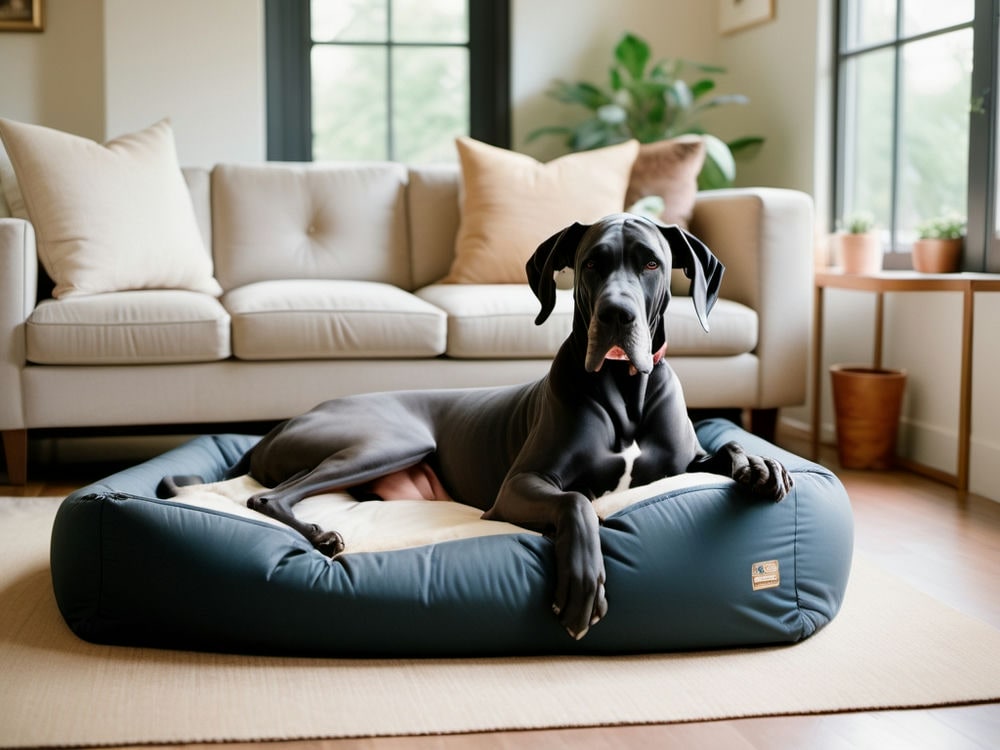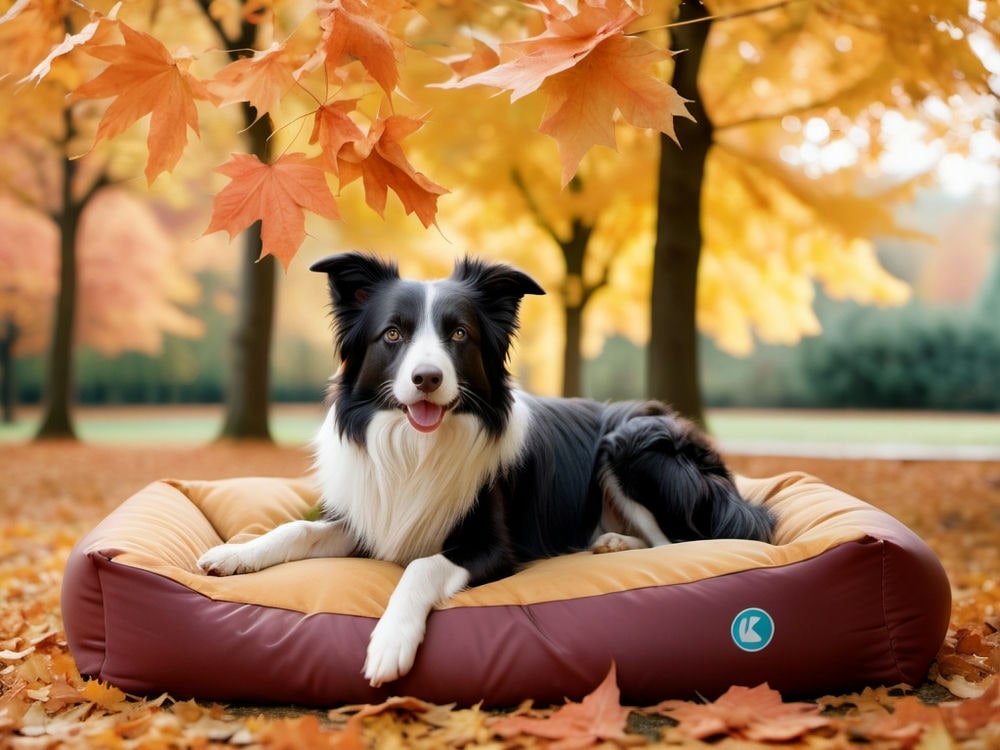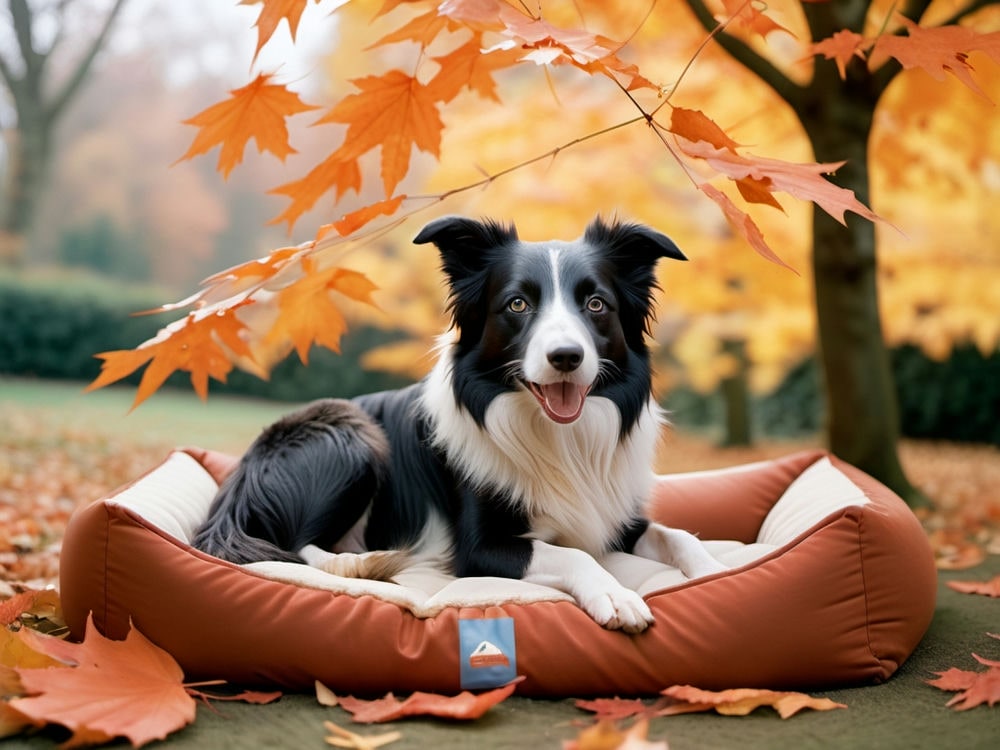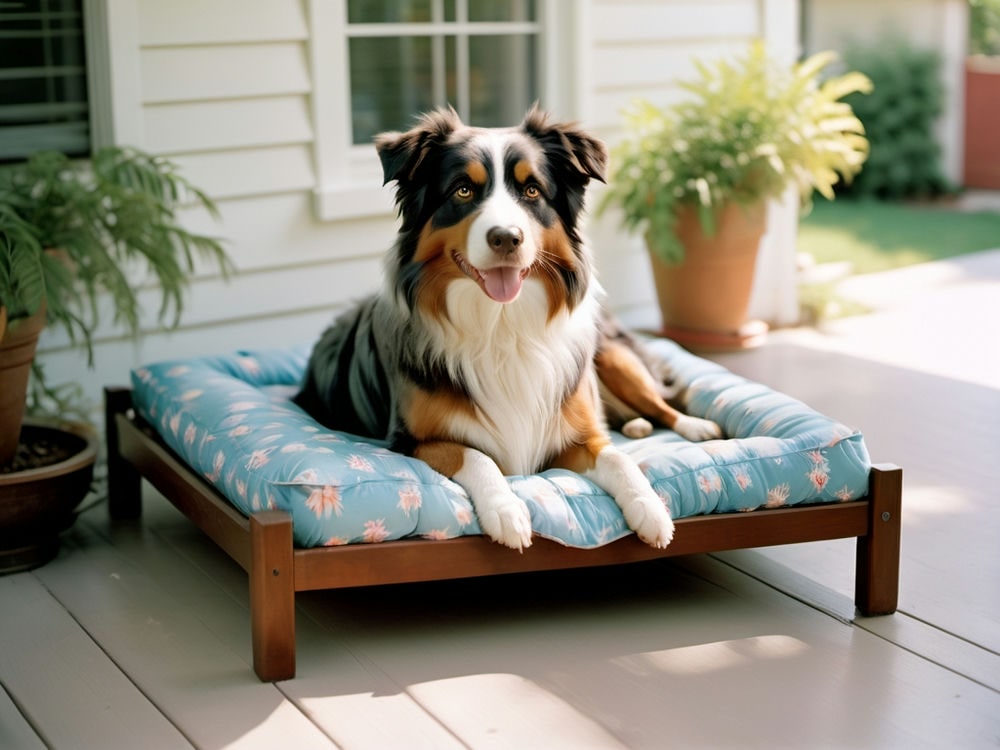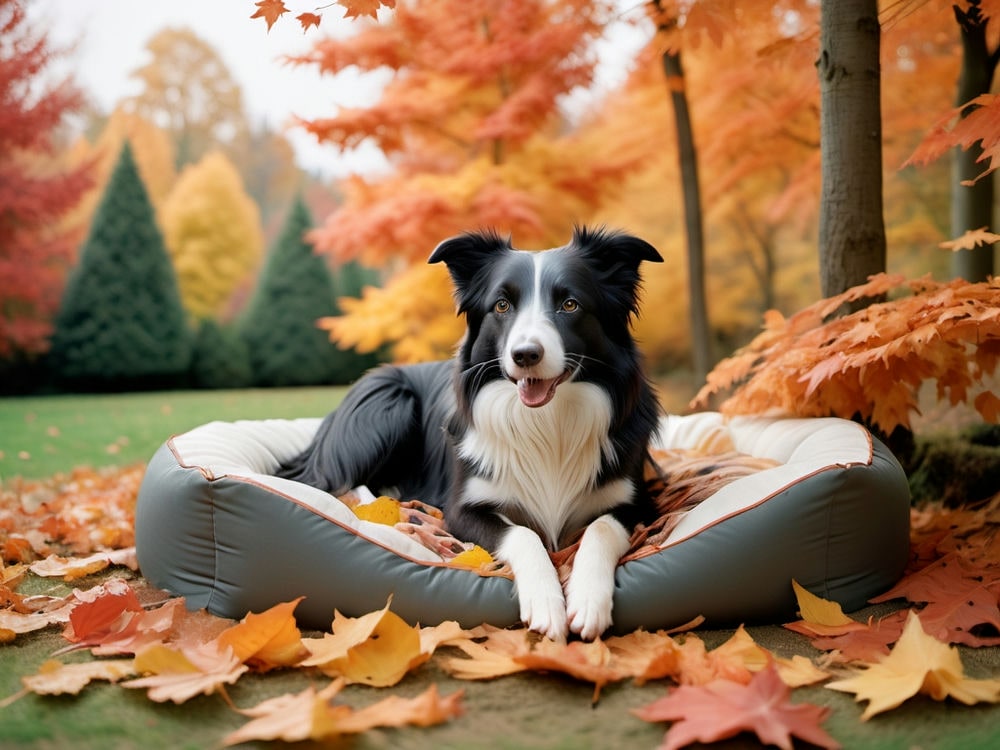Special Considerations for the Care of Elderly Dogs
Understanding the aging process in dogs
As our beloved canine companions age, **regular** veterinary check-ups become essential. Just like humans, dogs can develop a variety of health issues as they get older, and regular check-ups can help catch any potential problems early on.
One of the **most** important reasons for regular veterinary check-ups is to monitor your elderly dog's overall health. Veterinarians are trained to detect subtle changes in your dog's health that may not be noticeable to you. By catching any issues early, treatment can be started sooner and potentially improve your dog's quality of life.
Another reason for regular **veterinary** check-ups is to update vaccinations and prevent diseases that are more common in older dogs. Orthopedic beds are a long-term investment in your dog's health Keeping Your Senior Dog Happy and Comfortable foam. Customizable options are available to meet specific needs Bonza Orthopedic Dog Beds veterinarian. Vaccinations play a crucial role in preventing illnesses and keeping your furry friend healthy.
In addition to monitoring health and updating vaccinations, regular veterinary check-ups allow for **early** detection of age-related conditions such as arthritis, dental disease, and cognitive dysfunction. These conditions can impact your dog's comfort and well-being, but with early detection and proper management, their effects can be minimized.
Overall, the importance of regular veterinary check-ups for elderly dogs cannot be overstated. By staying proactive about your dog's health care needs, you can ensure they live a longer, happier life by your side.
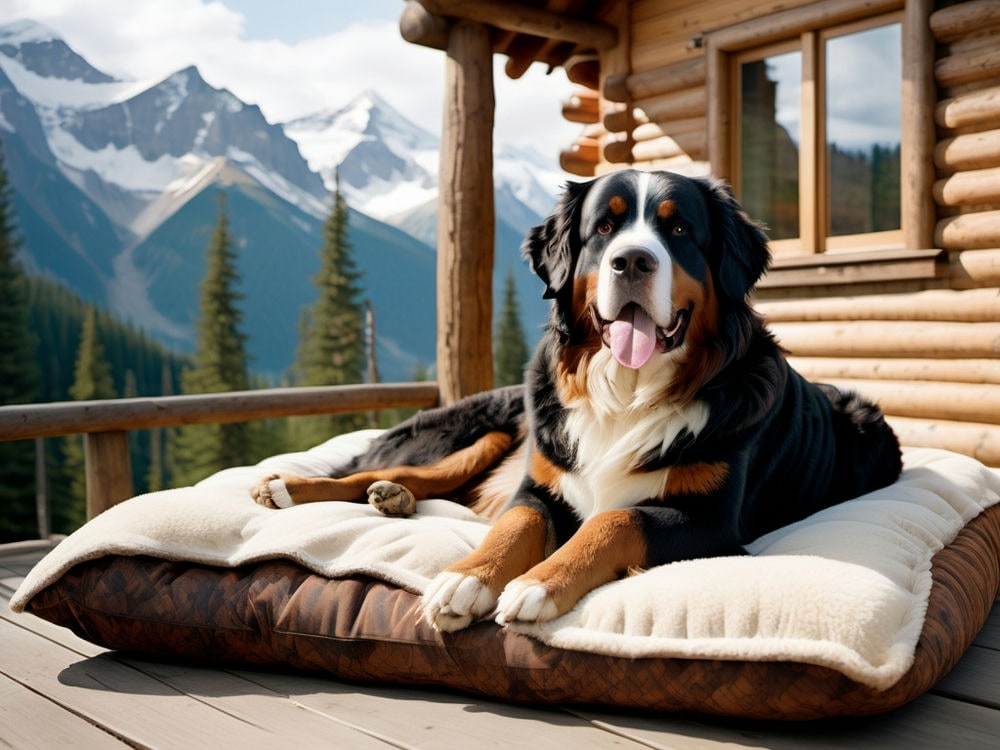
Special Considerations for the Care of Elderly Dogs - dog toy
- mat
- dog food
- point of sale
- crate
